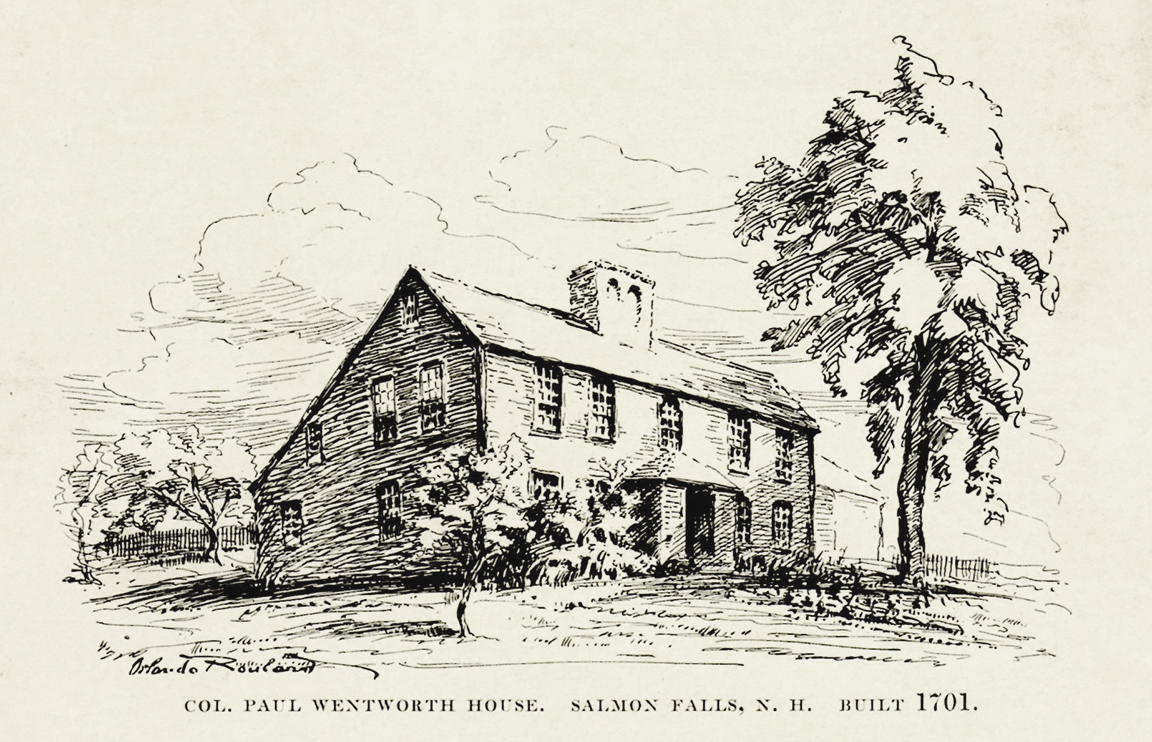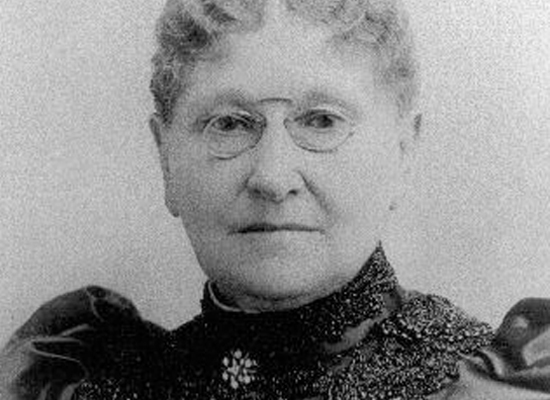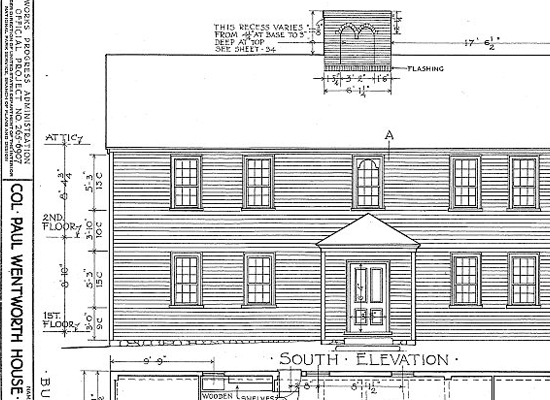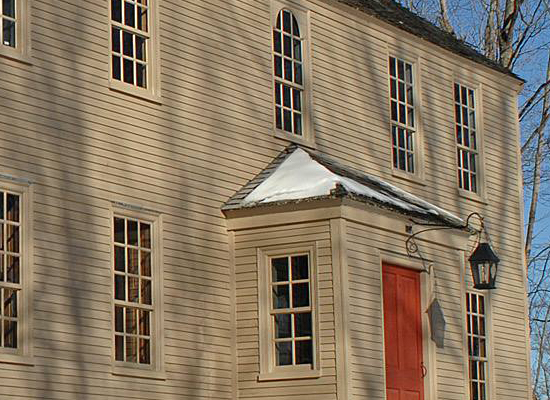The Colonel Paul Wentworth House: Three Centuries of History
Built circa 1701, the Colonel Paul Wentworth House is one of the oldest surviving dwellings in New Hampshire. The fact that this beautiful structure has survived over three centuries is remarkable on many levels, not the least of which is the building's original location. While many of New Hampshire's surviving structures were built in the gentrified and relatively safe area of Portsmouth, the Wentworth House stood in splendid (and brave) isolation at the edge of the frontier.
One could argue whether Paul Wentworth was courageous or foolish when he built such an elegant (and tempting) home in Salmon Falls, with all of its attendant perils. The frontier at the turn of the 17th/18th centuries was anything but secure. Wentworth built his home during the brief interval between the two bloodiest wars fought on New Hampshire soil (King William's War and Queen Anne's War) when raids were a very real threat.
 Life at the Colonel’s House
Life at the Colonel’s House
Despite the dangers of the frontier, Paul Wentworth brought his bride, Abra Brown, from Salisbury, Massachusetts to live with him in their new home. After the death of Paul Wentworth in 1748, descendant members of the line of Ezekiel Wentworth (Paul’s father), including Colonel John Wentworth and Major John B. Wentworth, became legatees and subsequently residents of the home.
The Paul Wentworth House would be the most Important and influential residence in the village for several generations, until it was finally supplanted in 1864 when the Salmon Falls Manufacturing Company built the large Mill Agent's house that overlooks Front and South Streets. The final person to live in the Wentworth House was Frederick N. Blodgett (a Wentworth descendant through Mary L. Wentworth, daughter of John B. Wentworth). In 1936, Frederick Blodgett and his wife Alice had the house dismantled and moved to Dover, Massachusetts. Alice and Frederick lived there until their deaths in 1980 and 1999 respectively.
Bringing the House Home
In 1998, Rollinsford Historical Committee member Edward Charpentier drove to Dover, Massachusetts to fulfill his lifelong dream of seeing the Colonel Paul Wentworth House in person. That day would lead to a fortunate series of events – including saving the house from demolition and returning it to its original home in Rollinsford. The timing of Ed’s trip is yet another reason why the survival of this structure is so remarkable. You can read the entire series of events on our Restoration page.
Colonel Paul Wentworth (c. 1678-1748)
With his wife, the former Abra Brown, Paul Wentworth lived here starting around 1701 until his death in 1748.
John Wentworth Sr. (1719-1781)
John Wentworth was Colonel Paul's nephew and was raised in his house after the death of his father, Benjamin Wentworth, in 1725. Governor Benning Wentworth appointed John Sr. as Chief Justice of New Hampshire's Superior Court.
Andrew Wentworth (1764-1813)
Andrew was the son of John Sr. and his wife, the former Abigail Millett. He inherited the house after his father's death in 1781.
John B. Wentworth (1791-1869)
John B. was the eldest son on Andrew and his wife, the former Mary Rollins.
Statira Wentworth (1814-1880)
As John's widow, Statira lived in the house until her death.
James E. Wentworth (1834-1924)
James was the last of the Wentworths to live in the house. He lived here from his birth until his death, eventually inheriting the house.
Luella A. Ham
Luella became the next owner but never lived here, keeping it for only three years.
Mae & Frederick S. Blodgett
Frederick S. Blodgett was a Wentworth descendant (through Mary L. Wentworth, daughter of John B.). Mae ran the house as a museum open to the public.
Frederick N. Blodgett (“Pete”) and his wife, Alice
In 1936, Frederick and Alice had the house dismantled and moved the house to Dover, Mass. Alice and Frederick lived there until their deaths in 1980 and 1999 respectively.
Kenneth Rendell
Kenneth Rendell purchased the house and property in Dover, Massachusetts and donated the house to the town of Rollinsford, allowing us to bring it home.




